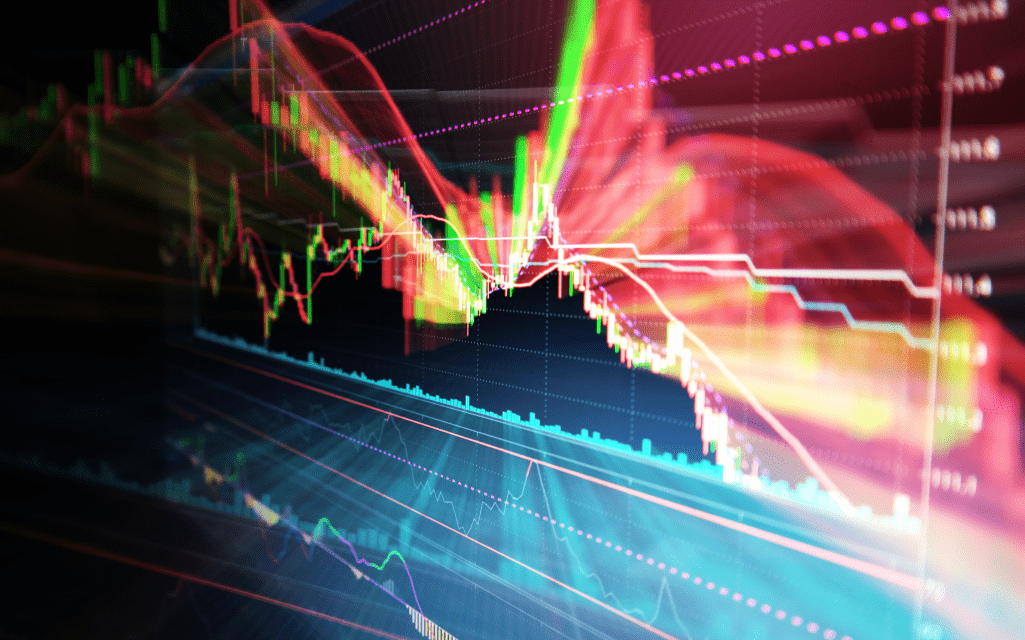Understanding Risk
Before you place your first trade, you need to have a good understanding of risk. When you place a trade, you are immediately assuming market risk, but there are also other risks to consider. Monitoring your risk and understanding the scope of your risk is probably the most important aspect of trading the capital markets. You need to calibrate the risk you will take on each individual trade as well as your total risk profile before you start to trade.
What is Risk Management
Risk management considers all aspects of the risk you will take when you trade the markets. This includes market risk, credit risk, and systematic risk. The most pressing risk is market risk, but if you fail to consider other risks, you could expose yourself to issues. Each type of risk deals with your capital, and therefore you should understand the consequences before you begin to trade.
Market Risk
Market risk is the risk you take when you speculate on the direction of a currency pair or security. The risk is that the market moves against you and you lose money. Risk describes the chance that you will lose money.
Before you initiate a position, you need to calculate the risk you will take on that trade, which is based on the market moving against you. Once you calculate how much you are willing to lose on a trade you can then calculate how much you want as a reward from the risk you take. This calculation will help you determine if your strategy is sound. For example, if you are willing to risk more than you expect to gain, you will have to win more than you lose to break even. A strategy that wins $2 for every $1 risked, only needs to win 33% of the time to break even. On the other hand, if you win $1 for every $2 risked, then you need to win 66% of the time to break even.
Credit Risk
Credit risk is counterparty risk. It’s the risk that your broker defaults and will not be able to pay you. While this is an unlikely risk, this can happen especially if your broker experiences a shocking event. During the financial crisis in 2008 or as recently as January of 2015, there were shocking events that occurred in the forex markets that cause some brokers to default. If the broker you choose is regulated, they will have a required capital reserve level making a default less likely.
Systematic Risk
Systematic risk is the risk that there is chaos in all capital markets. The 2008 financial crisis or the 9/11 attacks are events that can generate systematic risk. While systematic risk is very unlikely you should understand that issues can occur, and you need to be aware of the potential outcome.
Summary
Before you begin to trade and risk capital, you should understand that you are taking risk. When you place a trade, you are taking the risk that the market moves against your, that you broker cannot pay you back, or that markets become irrational. Monitoring your risk and understanding the scope of your
risk is probably the most important aspect of trading the capital markets. You need to calibrate the risk you will take on each individual trade as well as your total risk profile before begin to risk your capital. Take your time, try to ask as many questions as you can so you wl be ready to go for the next step, if you’ll come ready , the odds are in your favore and a whole new world of opportiunity will open up to you…the world of onlint trading. So , read all you can ,ask questions , learn and do all you can to lower as much as possible any risk, and then go on, to the real thing, the world of online trading threat synonym.



